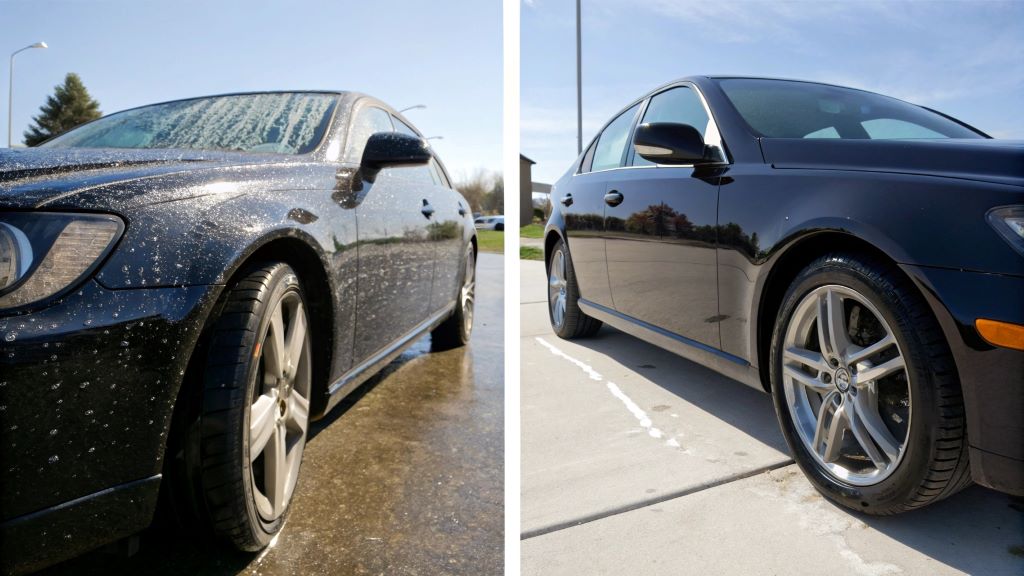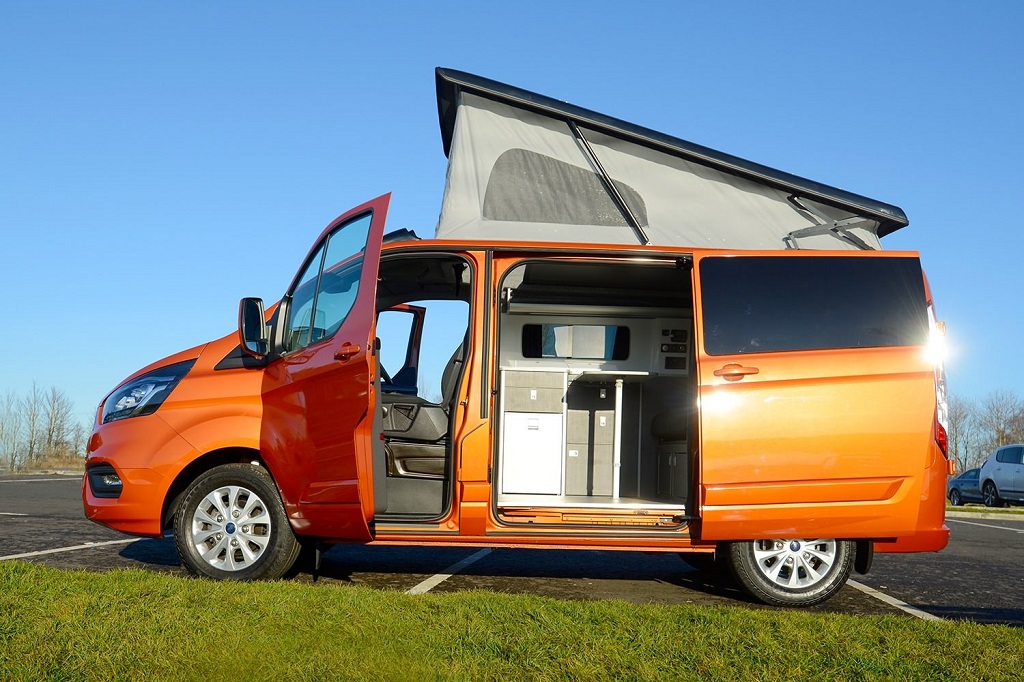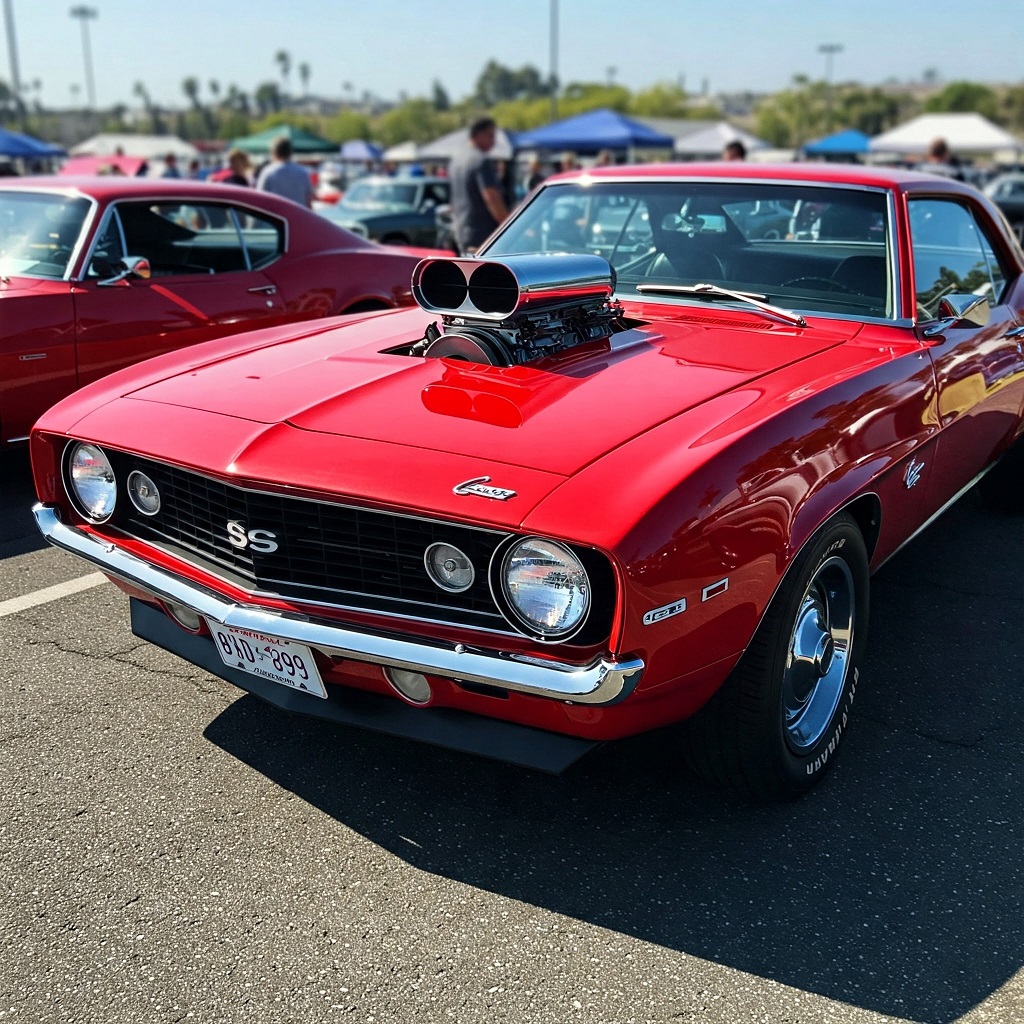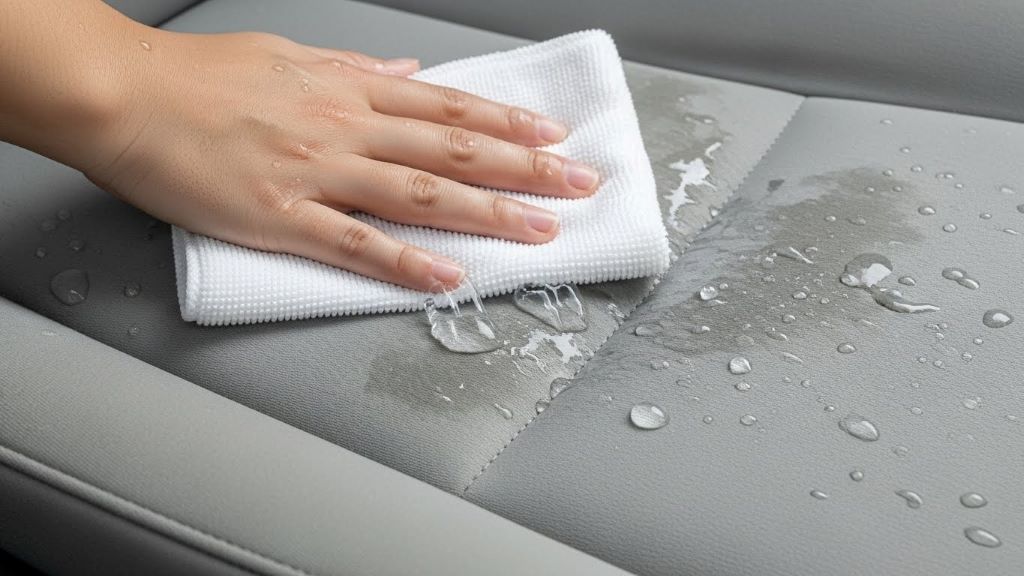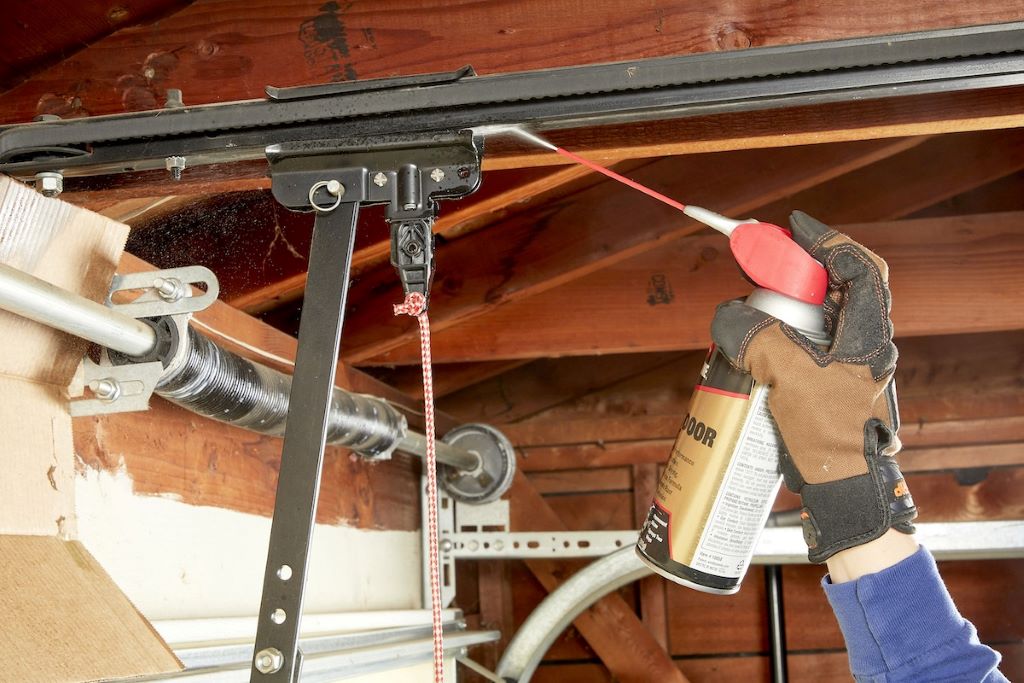It’s a question that consumers who are in the market for a new automobile ask themselves as they walk onto the lot. Does leasing a car make more sense or should your purchase the car instead? The thing is, there advantages and disadvantages to each of these situations.
Answering this question is going to depend largely on you and your particular needs for a vehicle. How often do you plan to drive it? For what purposes will you be driving it most often, work or pleasure? Can you get by with basically renting as opposed to owning? Because that’s what vehicle leasing really means, you never own the car entirely, you’re merely using it for the duration of your lease agreement and then it gets returned to the dealership.
You have the option to purchase it after the lease term ends but it may behoove you to get a brand new lease or buy a new car as opposed to paying off what’s owed on your leased car.
Let’s break it down in each particular instance:
PURCHASING A CAR
Vehicle Ownership
You own the vehicle. It’s yours when the deal is closed. How you pay could affect your ownership as defaulting on a loan might result in the car being repossessed.
Money Down
You have the option to pay the full cost at the time of purchase or provide a down payment in addition to all applicable taxes, registration fees and drive-off fees.
Payments
The monthly payments on a loan can be more expensive than payments on a lease as the principal of each installment is being put toward the purchase price along with interest, fees, and taxes.
Mileage Restrictions
None. The amount of miles you put on the car is up to you. But this can drastically impact the resale value.
Loan Term vs. Lease Term
When the loan is fully reimbursed, the vehicle is yours and you own the equity in it.
LEASING A CAR
Vehicle Ownership
In this situation, ownership does not apply as you are permitted to drive the vehicle for only as long as your leasing agreement states. That could be as little as 24 months or as many as 48 or even 60, under certain terms and conditions.
Money Down
You will be expected to put down a first month’s payment, a down payment, a refundable security deposit, as well as taxes and fees that apply.
Payments
Lease payments are applied towards the depreciation of the car for the extent of the term on your lease. The payments also include interest, and other fees and applicable taxes.
Mileage Restrictions
Any lease agreement will typically state the the number of miles you are allowed to drive each year. This can be anywhere from 8,000 to 15,000 depending on the agreement. Once you have reached the maximum for the year, you will then be charged an additional price per mile.
Loan Term vs. Lease Term
At the end of your lease team, you can either return the car to the dealership or opt to buy it instead.


